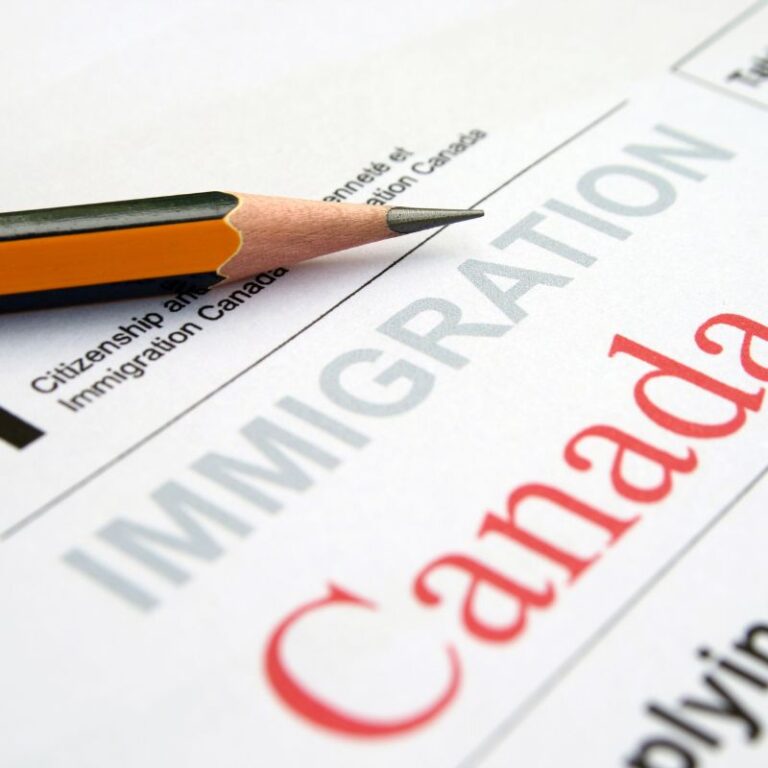Express Entry and Proof of Taxes Paid: What you need to know to Immigrate to Canada

Immigration to Canada is a dream for many people around the world. Thanks to programs like Express Entry, this dream can become reality for skilled workers. However, among the requirements that may come as a surprise to some applicants, proof of taxes paid in their home country is often a crucial step. This article takes an in-depth look at the Express Entry process and the importance of tax proofing in this context.
What is Express Entry?
Express Entry is an immigration system introduced by the Canadian government in 2015. It manages applications from people wishing to immigrate to Canada as skilled workers. The system covers three main programs:
- Federal Skilled Worker Program
- Federal Skilled Trades Program
- Canadian Experience Class
This system works on the basis of points awarded according to criteria such as age, work experience, level of education and proficiency in one of Canada's official languages (French or English). By submitting your profile to Entrée Express, you are entered into a pool of candidates, and those with the highest scores receive an invitation to apply for permanent residency.
The role of tax justification in the Express Entry process
As part of the Express Entry process, proof of taxes paid is an increasingly frequent requirement. Although it is not explicitly mentioned as a mandatory condition at the outset, many applicants have been asked to provide proof that they have paid their taxes in their country of origin when submitting their application for permanent residence.
This requirement is linked to financial transparency and compliance with tax obligations in the applicant's country of origin. Canada values financial responsibility and seeks to attract skilled immigrants who meet their tax obligations. It also verifies the authenticity of declared professional experience.
Why do we ask for proof of taxes paid?
There are several reasons why Canada requires proof of taxes paid as part of the immigration process:
- Authentication of professional experience By requiring proof of tax payments, Canadian authorities ensure that declared income and work experience are legitimate and correspond to officially declared jobs.
- Financial integrity audit Canada wants to ensure that applicants are in compliance with tax obligations in their country of origin. This ensures that applicants are not trying to avoid tax debts or other financial responsibilities.
- Greater transparency : Requiring proof of tax payments helps to make the immigration process more transparent. By demonstrating that taxes have been paid, applicants show that they respect the laws of their country and are good citizens.
What documents can be requested as proof of taxes paid?
Candidates may be asked to provide several types of documents to prove that they have paid their taxes. Here are the most common:
- Tax certificate or notice of assessment This document, issued by the tax authorities in your country, certifies that you have paid your taxes and details your income for a given year.
- Tax payment statements In some cases, statements showing tax payments made over several years may be requested.
- Annual tax returns Copies of your tax returns may also be required to corroborate information about your income and tax payments.
- Proof of non-taxation : If, for one reason or another, you were not taxable in a given year, you may be required to provide proof of non-taxation issued by the tax authorities.
What can you do if you can't prove you've paid taxes?
If you're unable to provide the documents required to justify your tax payments, it's crucial to act with transparency and provide credible explanations. Here are a few avenues to explore:
- Contact the tax authorities in your country If you have not kept the necessary documents, contact the tax authorities in your country to obtain copies. Most tax authorities keep records for several years.
- Provide an affidavit In certain cases where it is impossible to recover documents, an affidavit explaining the situation may be accepted, although this is at the discretion of the Canadian authorities.
- Getting legal support : It may be wise to consult an immigration and/or tax professional for advice on how to handle this type of situation.
Implications for future immigrants
For those planning to submit their application via the Express Entry system, it's important to prepare in advance. Here are a few recommendations to help you avoid complications:
- Preparing tax documents in advance As soon as you start planning your immigration to Canada, make sure you keep all relevant tax documents. This includes tax returns, tax notices and proof of payment.
- Check your tax compliance If you have tax arrears or unresolved tax issues in your country, try to clear them up before submitting your application.
- Staying transparent If you have a tax-related complication, be transparent from the outset. Explain the situation in your file and provide all available supporting documents.
Conclusion
The process of immigrating to Canada via Express Entry can seem complex, especially when it comes to proving that taxes have been paid. However, by preparing properly and providing the necessary documents, you can maximize your chances of success. Canada places great importance on financial integrity and tax compliance, so it's essential to prove that you've met your obligations in your home country. Ultimately, careful preparation and transparency will help you overcome this hurdle and realize your dream of living in Canada.







